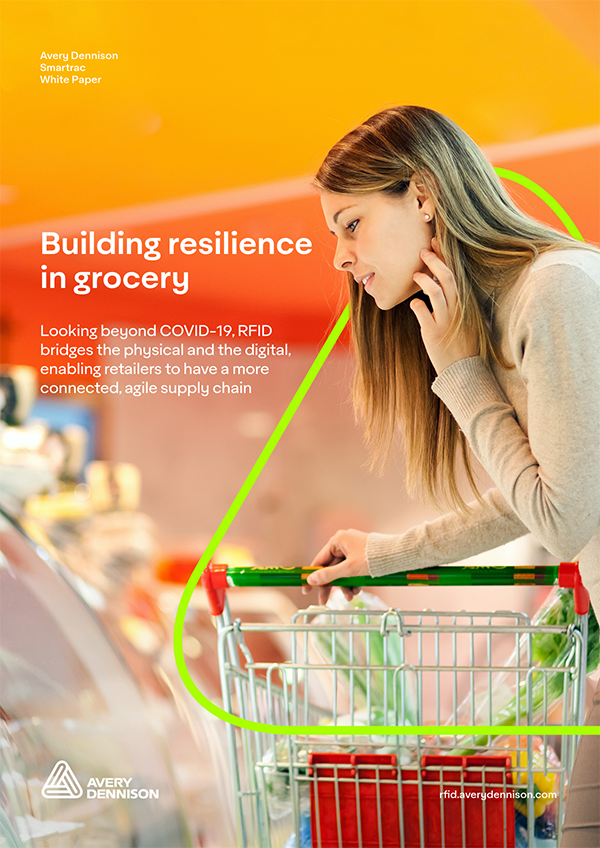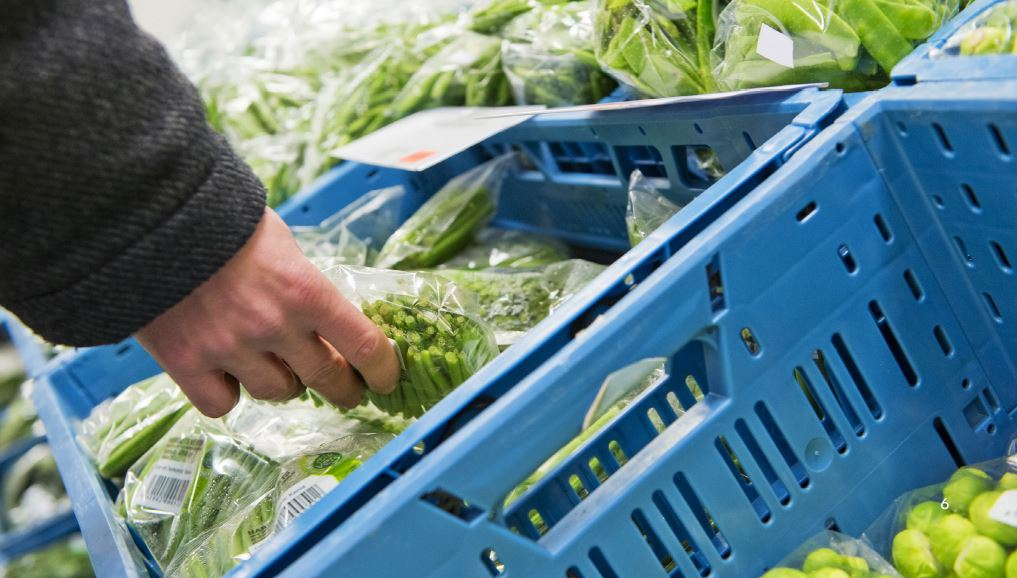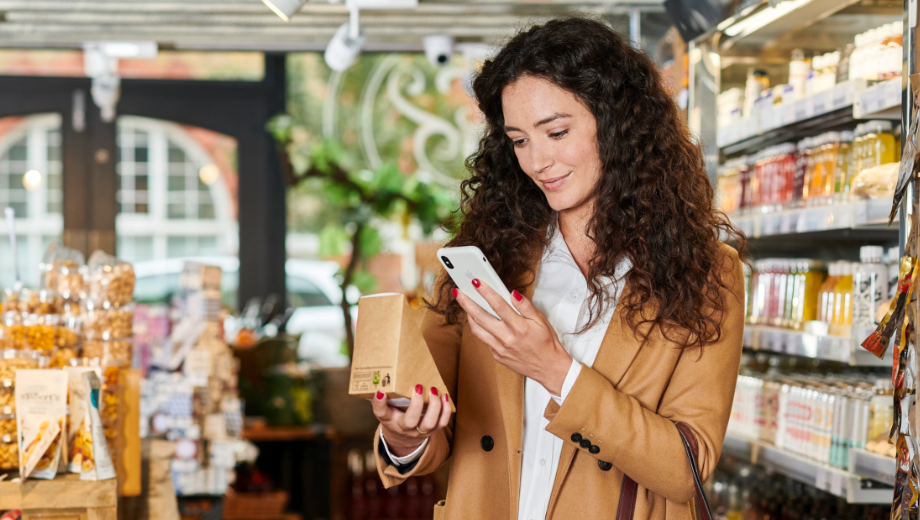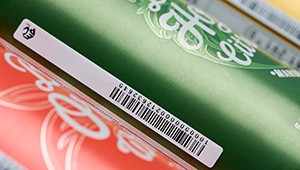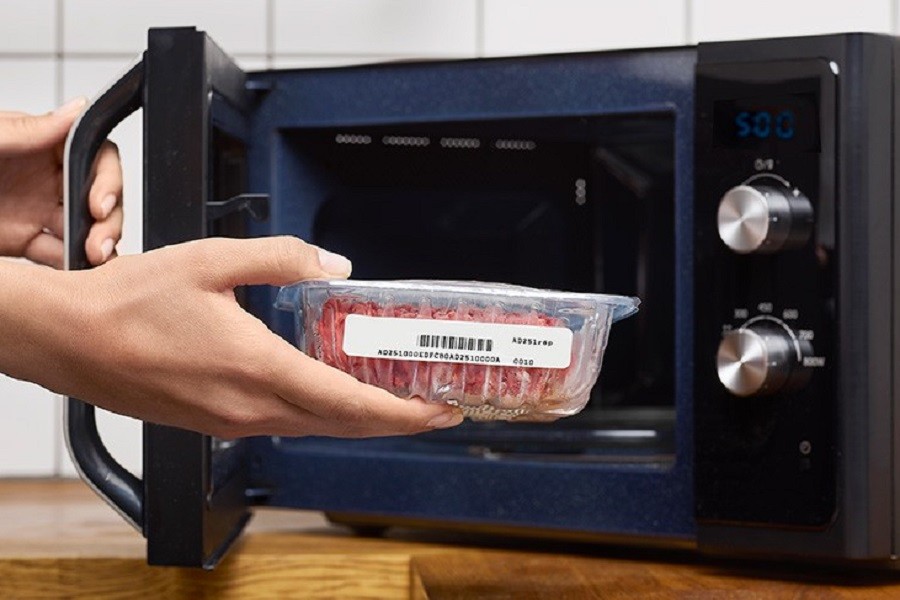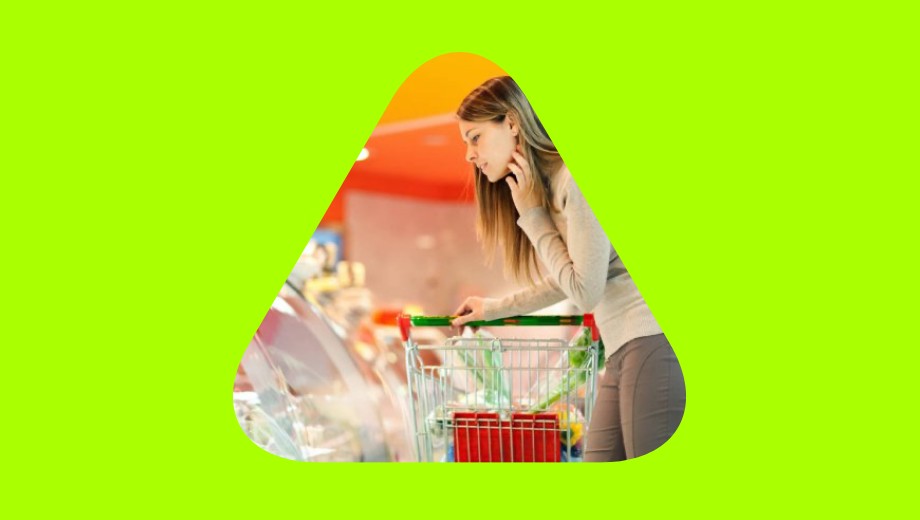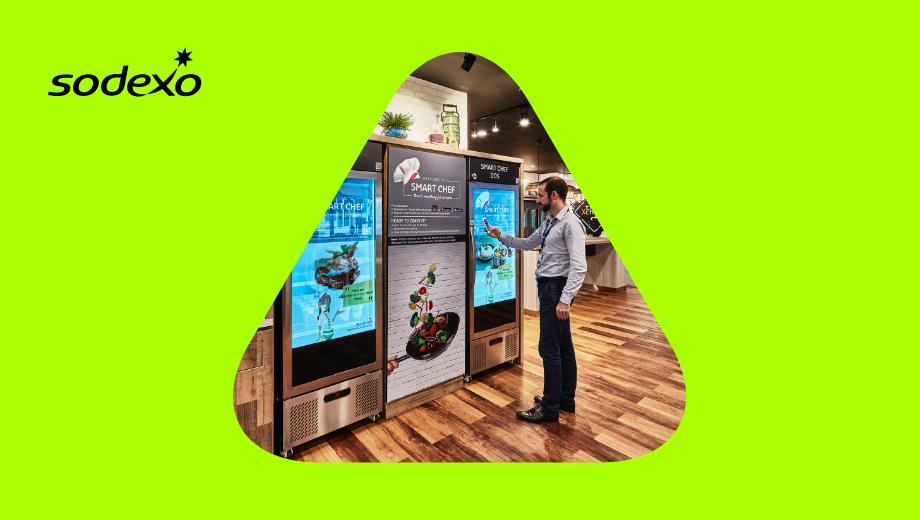Experts say this number will likely remain at the higher level because many customers have downloaded apps, tried new services, and discovered their conveniences. A telling historical example of this effect can be found in the 2015 MERS outbreak in South Korea. During this outbreak, out of all product categories, food and drink recorded the highest rate of e-commerce sales growth at 30%, more than double the rate of growth of the previous year.
Today, the country has one of the highest rates of online grocery penetration in the world. 1
A survey by strategic advisory firm Brick Meets Clicks shows online grocery purchases continued to grow in May, with demand spurred by the COVID-19 crisis lifting sales 24% month-over-month to $6.6 billion. These gains further reflected increases in both online grocery order and household penetration. 2
The numbers are expected to stay at this level or increase, suggesting there is even more opportunity for retail growth. According to the same Brick Meets Clicks survey, 26% of the households that had not bought groceries online in the last 30 days said that they were extremely or very likely to try online shopping in the next three months. When asked how likely they were to continue using a specific online grocery service after COVID-19, 43% of the survey respondents indicated that they’re either extremely or very likely to do so. 3
To stay relevant, grocers need a new strategy and better processes to tighten up their supply chain, track their in-store inventory, and delight their customers to ensure continued loyalty.
________________________________________________________
Source: 1. PASSPORT - THE GLOBAL STATE OF ONLINE GROCERY IN 2020, JUNE 2020
Source: 2. SUPERMARKET NEWS
Source: 3. PROGRESSIVE GROCER

